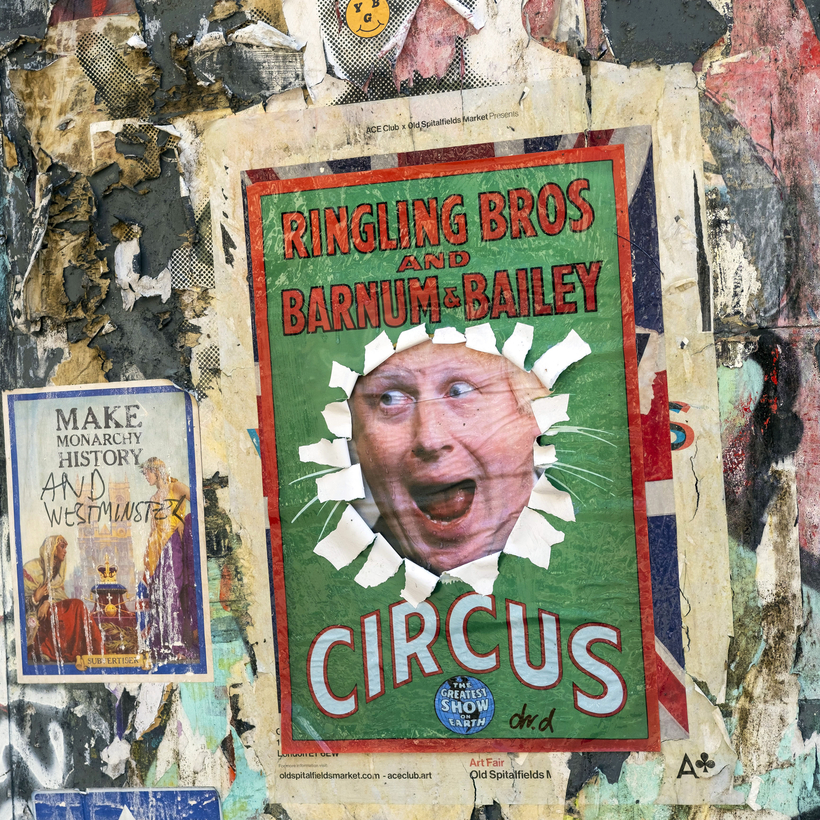On Boris Johnson’s desk in Number 10 stands a bust of the Athenian leader Pericles – his “hero” and “inspiration” for forty years. Tom Bower, who has made his name trying to destroy the reputation of famous figures (from Richard Branson to Prince Charles), chooses in this new biography of Boris Johnson to provoke through rehabilitation – to invite comparisons with figures such as Pericles by praising Johnson’s personality, talents, political successes and character.
Bower tells us that Johnson can be warm-hearted, kind and genuinely polite, that he is not gossipy or malicious, and that he is generous, believes the best of people and lacks pettiness or envy. He reminds us of “Johnson’s magic combination of intelligence, wit, cunning and exhibitionism” which – allied to a formidable memory, and a facility with words – has made him one of the most highly paid writers and speakers of his generation. He minimizes Johnson’s misdemeanors – not by omitting them, but rather by listing so many that they lose their power to shock. Thus, the first time he describes Johnson cheating on his wife, and lying, it is disturbing; but when Bower describes the fourth affair and Johnson’s claim that “It is complete balderdash. It is an inverted pyramid of piffle. It is all completely untrue and ludicrous conjecture …”, it is bathetic.

